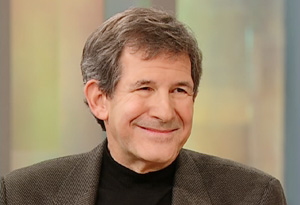
How to Forgive Yourself
When You Don't Forgive...
...It's like wearing dark sunglasses that distort everything you see. You also want everyone else to see through these glasses. Forgiveness is taking those glasses off. Not forgiving is like carrying heavy suitcases full of books through an airport. Forgiving is putting the suitcases down and walking away without them. It is lightening up. It is being able to enjoy your life, laugh again, and see the beauty in others. When you cannot forgive yourself, you cannot forgive others. When you cannot forgive others, you cannot forgive yourself. The dynamic of forgiveness is the same in both cases.
When You Forgive...
...You lighten your load. Not forgiving is like wearing dark sunglasses that gruesomely distort all that you see, and you want others to see through the same glasses. When you forgive, it is like leaving behind a heavy weight. Imagine that you are trying to walk through an airport while carrying a heavy suitcase in each hand with another strapped over your shoulder and another on your back like a backpack. It is difficult and painful work to go anywhere. Forgiving is putting down all of your baggage and leaving it behind. You travel lightly. It has nothing to do with worthiness—yours or others'. You and they are both worthy. That is not the issue. The issue is whether you wish to continue to carry your baggage.
Next: Rabbi Irwin Kula's forgiveness rituals















